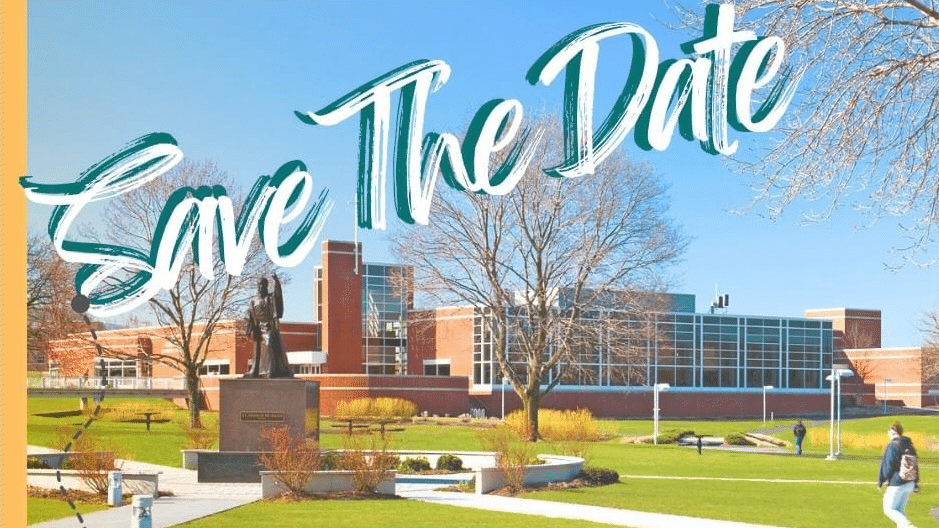Your cart is currently empty!
Join us in person for our annual conference!
Registration is open for our annual conference at DeSales University in Center Valley, Pa., June 21-23. Women at all stages of their search for sobriety in overcoming substance use disorder are welcome inclusive of all expressions of female identity. See details!

